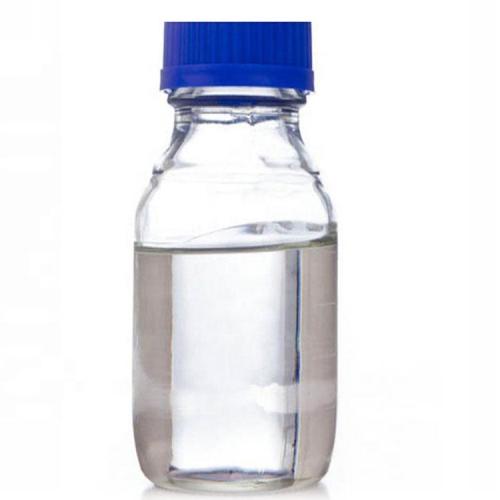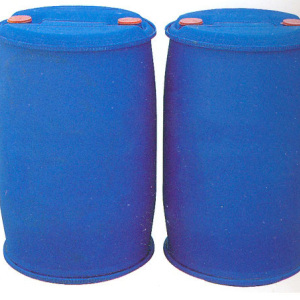Glycerol
CAS:56-81-5
Molecular formula:C3H8O3
Molecular weight:92.09
Physicochemical properties: Glycerol is also called glycerol. Pure glycerol is a colorless, odorless and sweet viscous liquid. Boiling point 290 ℃, melting point 17.9 ℃, relative density 1.2613. It is infinitely miscible with water, and anhydrous glycerol has strong water absorption.
Application:Water retaining agent (for bread and cake); Carrier solvent (used for spices, pigments, water-insoluble preservatives, etc.); Thickener (used for beverage, liquor preparation, etc.); Plasticizers (candy, dessert, meat products); Sweetener. EEC regulations can be used for alcoholic beverages, candy, cakes, coating polishing, meat and cheese coating, alcohol free beverages, baked products, gum sugar, gelatin sweets, etc.
Glycerin can lubricate and stimulate the intestinal wall, soften the stool and make it easy to discharge. It also has the effect of dehydration. It forms a compound injection with sodium ascorbate, which can reduce intraocular pressure by intravenous administration. External use can absorb moisture and soften local tissue. It can dissolve borax, boric acid, phenol, nucleic acid, salicylic acid, etc. It is mainly used for the treatment of constipation, general brain edema, glaucoma, chapped and stripped skin in winter, etc.
After hydrolysis in the body, it can form a nutrient source. At the same time, it is also widely used in textile, food, papermaking, metal processing, paint, daily chemical, petrochemical, pharmaceutical, tobacco, military and other enterprises.
Gas chromatography stationary liquid.
Glycerol is an important basic organic raw material, which is widely used in industry, medicine and daily life. At present, there are about 1700 kinds of uses, mainly used in medicine, cosmetics, alkyd resin, tobacco, food, drinking acid resin, cellulol and explosives, textile printing and dyeing, etc.
IUPAC
propane-1,2,3-triol


































